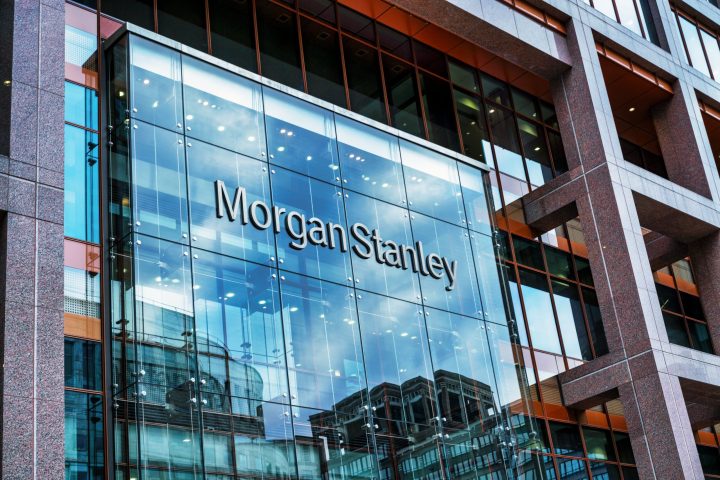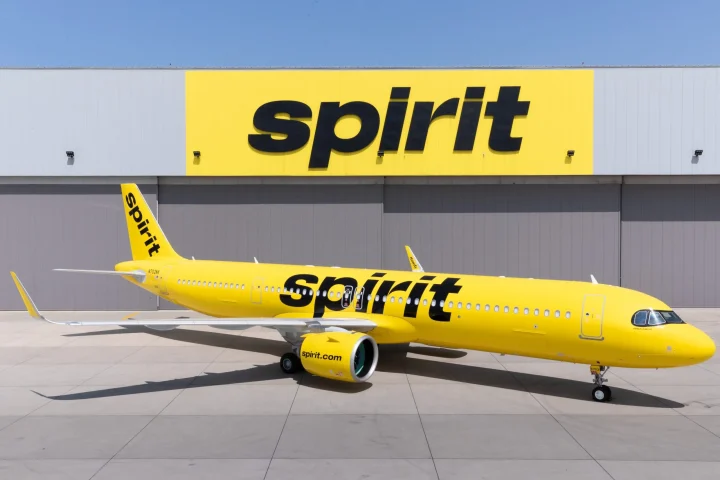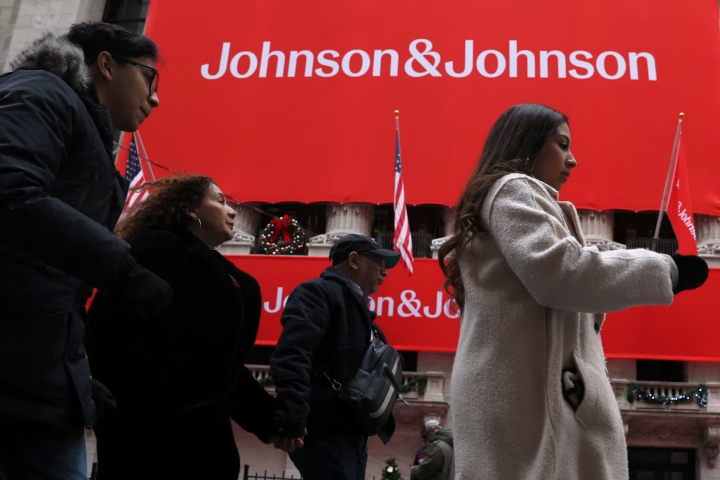The morning sun filters through the industrial windows of a Level 1 workshop in Artarmon, casting long shadows across the concrete floor where a pristine Maserati GranTurismo sits with its hood raised like a mechanical prayer. Luigi Pacelli circles the Italian thoroughbred with the practised eye of someone who has spent more than three decades understanding the intricate heartbeat of exotic European engines. His weathered hands, stained with the honest grime of countless repairs, move with surgical precision as he connects diagnostic equipment that costs more than most people’s cars. This is not your typical suburban garage. This is European Galleria, where factory-trained expertise meets boutique service in a market increasingly dominated by corporate dealership chains.
The luxury automotive service industry has undergone seismic shifts over the past decade, driven by consolidation among dealer networks and the rising complexity of modern supercars. Independent workshops have found themselves squeezed between manufacturer requirements for specialised equipment and customer demands for cost-effective alternatives to dealer pricing. Yet Pacelli’s workshop represents a fascinating counternarrative—a story of how deep technical expertise and personalised service can create a sustainable niche in an increasingly challenging market.
Pacelli’s journey from the factory floors of Ferrari and Maserati to his workshop in Sydney’s lower north shore illustrates a broader transformation in how luxury automotive services are delivered. After twenty years working directly for these legendary Italian manufacturers, he possessed something that money could not buy: institutional knowledge of how these machines were designed, built, and intended to be maintained. When he established European Galleria in 2012, he brought with him technical skills and an understanding of the philosophy behind each marque’s engineering approach.
The Boutique Revolution
The luxury car service market has traditionally operated on a binary model: expensive dealer service with factory backing or cheaper independent mechanics with variable expertise. European Galleria disrupted this paradigm by offering what Pacelli calls “dealership quality without dealership pricing.” The workshop’s 4.9 out of 5 rating from 25 verified reviews on CarMechanica suggests that customers have embraced this middle path, finding value in factory-trained expertise delivered with the personal touch of an independent operator: the benchmark for independent supercar servicing in Australia.
This model reflects broader changes in consumer behaviour, particularly among affluent buyers who increasingly value authenticity and personal relationships over corporate efficiency. The rise of boutique service providers across various industries—from wealth management to hospitality—demonstrates that customers are willing to pay premium prices for personalised attention and specialised expertise. European Galleria’s success with brands ranging from Ferrari and Lamborghini to Aston Martin and McLaren shows how this trend has penetrated even the most exclusive automotive segments.
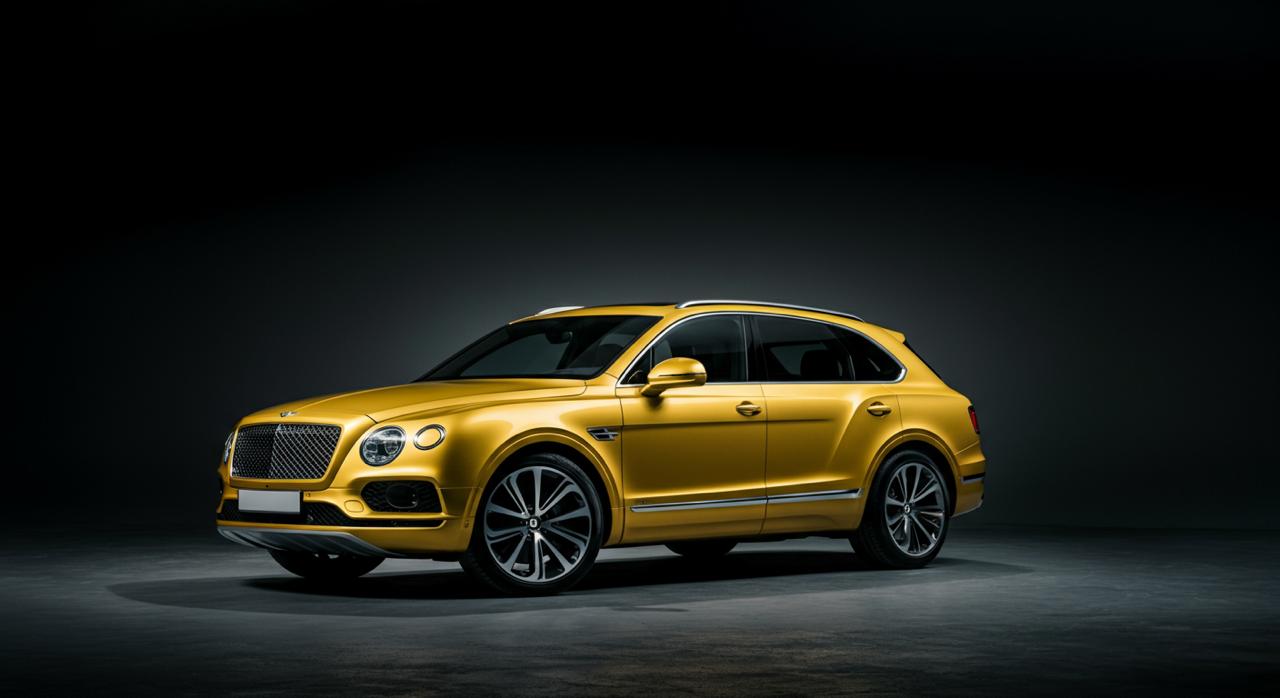
The workshop’s approach to customer relationships differs from traditional dealer service departments. Where dealerships often rotate customers between different service advisors and technicians, European Galleria offers continuity through Pacelli’s direct involvement in every job. Customer testimonials consistently highlight his diagnostic skills and transparent communication—qualities that become particularly valuable when dealing with complex, expensive vehicles where misdiagnosis can cost thousands of dollars.
The business model also benefits from the changing demographics of luxury car ownership. Today’s supercar buyers are more likely to be entrepreneurs or professionals who appreciate efficiency and value, rather than traditional collectors who might prioritise dealer stamps in service records above all else. These customers understand that factory-trained expertise can exist outside official dealer networks and are willing to support independent specialists who can deliver superior service at competitive prices.
Technology and Tradition
Modern exotic cars present unique challenges that highlight the importance of specialised knowledge. Contemporary Ferraris and Maseratis contain millions of lines of code, sophisticated electronic systems, and proprietary diagnostic protocols requiring specific equipment and training. European Galleria’s investment in factory diagnostic computers and OEM software represents a significant barrier to entry that protects the workshop from competition while ensuring it can service the latest models.
This technological sophistication creates what economists call “switching costs” for customers. Once a workshop has established a comprehensive service history for a particular vehicle and demonstrated competence with its complex systems, customers become reluctant to switch to competitors who might lack the same depth of knowledge. The result is a loyal customer base that values continuity and expertise over price competition.
However, the automotive industry’s rapid evolution toward electrification presents challenges and opportunities for specialised workshops like European Galleria. Traditional luxury marques are introducing hybrid and fully electric models that require different skill sets and equipment. Ferrari’s SF90 Stradale and Maserati’s MC20 represent the beginning of this transition, while brands like McLaren and Aston Martin are developing their electrified offerings.
The workshop’s future success will depend partly on its ability to adapt to these technological changes while maintaining its core value proposition of factory-level expertise. This transition requires significant investment in training and equipment, but it also creates opportunities to differentiate from competitors who may be slower to adapt. Early adoption of electric vehicle servicing capabilities could position European Galleria as the go-to specialist for next-generation exotic cars.
The broader implications of this technological shift extend beyond individual workshops to the entire luxury automotive service ecosystem. Manufacturers are grappling with maintaining quality control and customer satisfaction while accommodating independent specialists who may lack resources for continuous training and equipment updates. The most successful independent workshops will be those that can demonstrate ongoing investment in staying current with rapidly evolving technology.
Community and Culture
European Galleria’s success extends beyond pure technical competence to encompass its role within Sydney’s supercar community. The workshop’s organisation of “Supercar Sundays” and collaboration with clubs like the Lamborghini Club demonstrate an understanding that luxury car ownership is as much about lifestyle and community as it is about transportation. These events create emotional connections that transcend typical customer-vendor relationships.
The workshop’s active social media presence, with approximately 2,500 Instagram followers, reflects modern marketing realities where visual storytelling and authentic engagement matter more than traditional advertising. Posts showcasing restoration projects, technical procedures, and community events help build brand awareness while educating customers about the complexity and craftsmanship of maintaining exotic vehicles.
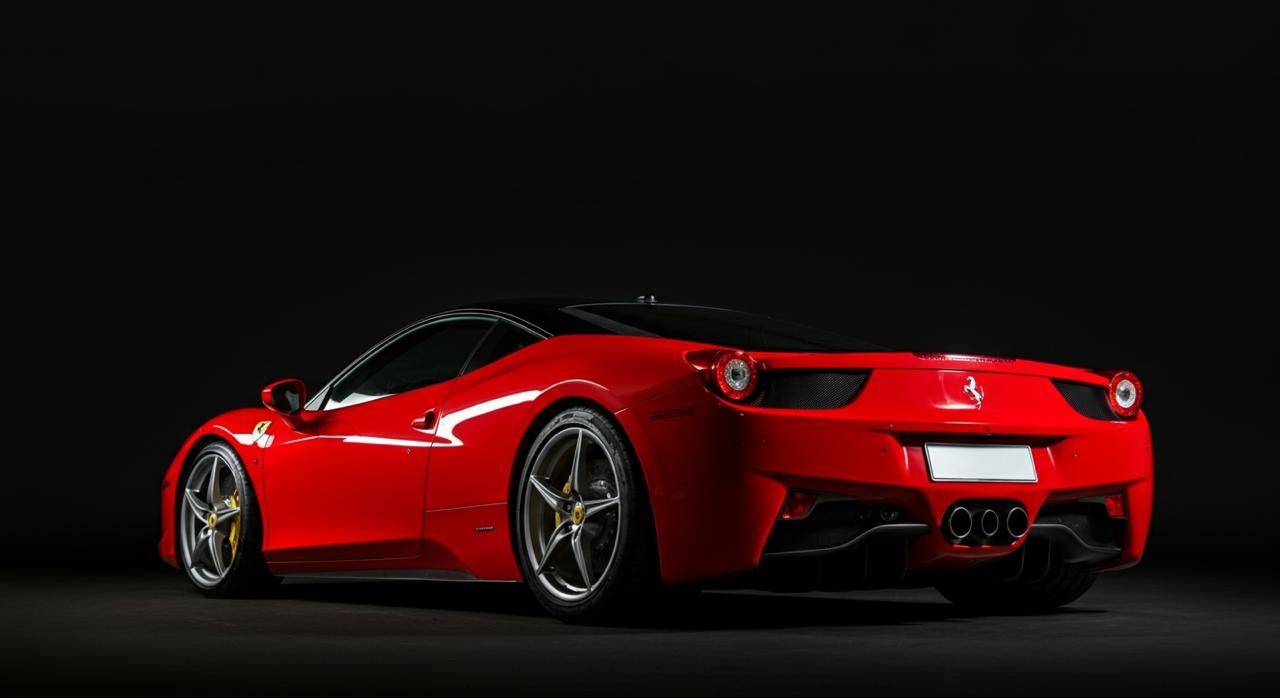
This community-focused approach addresses a fundamental challenge facing luxury automotive services: maintaining personal relationships while scaling operations. European Galleria’s model suggests that success may depend less on traditional growth metrics and more on deepening relationships within specific communities. The workshop’s involvement in road rallies and classic car events creates multiple touchpoints with potential customers while reinforcing its expertise and passion for the marques it services.
The single-technician model that currently defines European Galleria presents both strengths and vulnerabilities. While it ensures consistent quality and personal attention, it also creates capacity constraints and succession risks. The workshop’s future evolution will likely require a careful balance between maintaining its boutique character and building organisational resilience through additional skilled technicians.
Luigi Pacelli’s transformation from factory employee to independent entrepreneur reflects broader changes in how specialised knowledge creates value in modern economies. His success demonstrates that technical expertise, customer focus, and community engagement can compete effectively against much larger organisations. European Galleria’s model may not be easily replicable, but it offers valuable insights into how small businesses can thrive in markets dominated by corporate giants.
The workshop’s story ultimately illustrates the enduring appeal of craftsmanship and personal service in an increasingly automated world. While technology continues to reshape the automotive industry, the human elements of expertise, trust, and community remain central to customer satisfaction. European Galleria’s success suggests that the future of luxury automotive services may belong not to the largest operators but to those who can most effectively combine technical excellence with authentic human connections.



